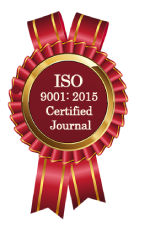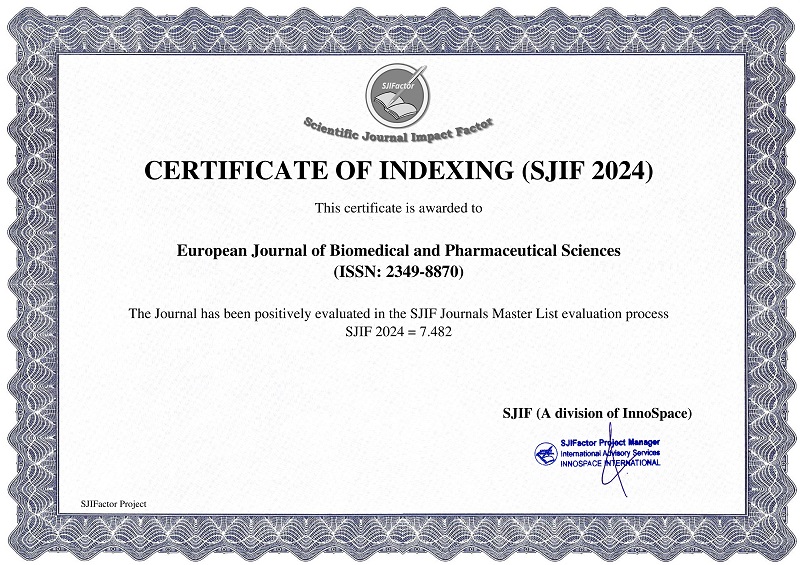IN VITRO SELECTION OF MICROBIAL PHYTOHORMONE ON PLANT REGENERATION OF OCIMUM SANCTUM L. AND ITS SECONDARY METABOLITES PRODUCTION
Subburaj Rajavigneshwari and Kadarkarai Jeyadevi*
ABSTRACT
In vitro micropropagation is an effective tool for rapid multiplication of species in which it is necessary to obtain a high progeny uniformity. Ocimum sanctum, commonly known as “Holy Basil”, belongs to the family of Lamiaceae. The main aim of this study was to investigate the possible role of indole acetic acid (IAA) from bacteria to induce in vitro adventitious shoots in inter nodal explants of Ocimum sanctum L. In this research, two successive experiments were performed: first, the effects of explants source on MS medium supplemented with four different plant growth hormones of IAA, NAA, BAP and KIN in different concentrations were studied either individually or in combination and second, the effects of different levels of microbial IAA growth hormone with BAP. An account of this, the callus was initiate in MS medium supplemented with 0.2 mg/L NAA + 0.5 mg/L KIN and 0.4 mg/L IAA + 0.5 mg/L BAP for two weeks. Similarly, Microbial 0.2 ml IAA +0.5ml BAP mg/L increasing the shoot proliferation for one week at the average length of shoot (2.29 ± 0.32 cm). The in vitro callus and microbial in vitro eluted callus are used to compare their compound by HPLC and GC MS analysis. This result paved the way for in vitro and in vivo analysis in the further step of drug designing.
Keywords: Ocimum sanctum, Plant growth hormones, Proliferation, HPLC and GC MS.
[Full Text Article]
[Download Certificate]


 Impact Factor : 8.181
Impact Factor : 8.181 






